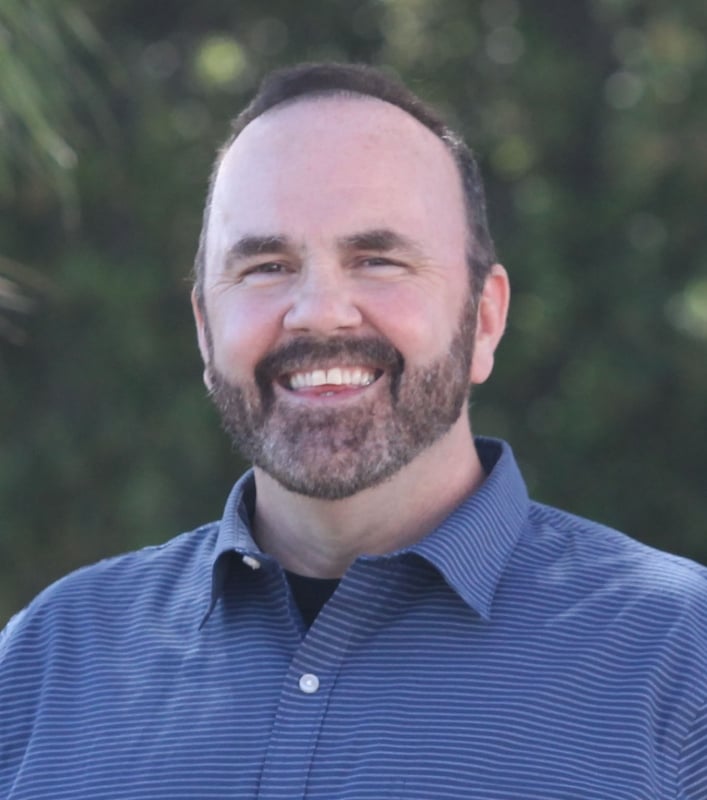 News
News
The  Network
Network

Dave Cruikshank is a lifelong car enthusiast and an editor at Power Automedia. He digs all flavors of automobiles, from classic cars to modern EVs. Dave loves music, design, tech, current events, and fitness.
 News
News
 News
News
 News
News
 News
News
 SEMA Coverage
SEMA Coverage
 News
News
 SEMA Coverage
SEMA Coverage
 SEMA Coverage
SEMA Coverage
 SEMA Coverage
SEMA Coverage
 News
News
 Columns
Columns
 Editorials & Opinions
Editorials & Opinions
 News
News
 News
News
 News
News
 News
News

Build your own custom newsletter with the content you love from Street Muscle, directly to your inbox, absolutely FREE!

We'll send you the most interesting Street Muscle articles, news, car features, and videos every week.
We promise not to use your email address for anything but exclusive updates from the Power Automedia Network.
We will safeguard your e-mail and only send content you request.

Thank you for your subscription.
We think you might like...

Classic Ford Performance |

Drag Racing |

Classic Chevy Magazine |
We think you might like...

Thank you for your subscription.